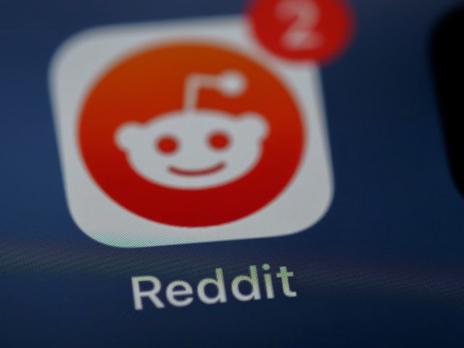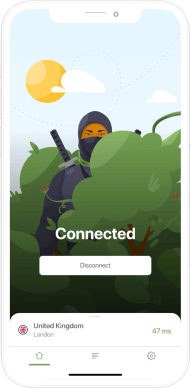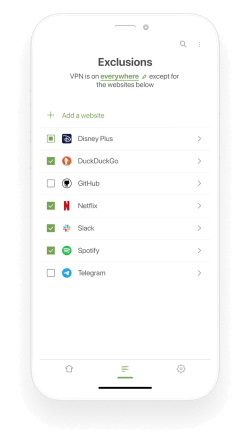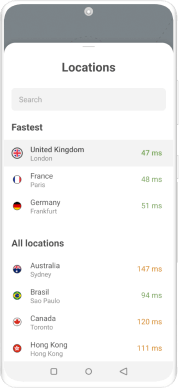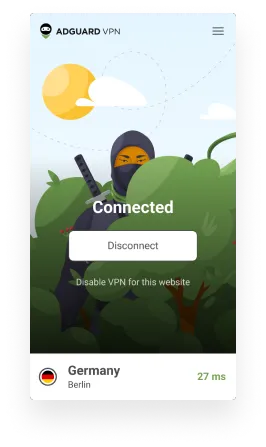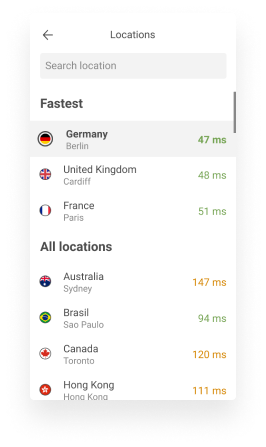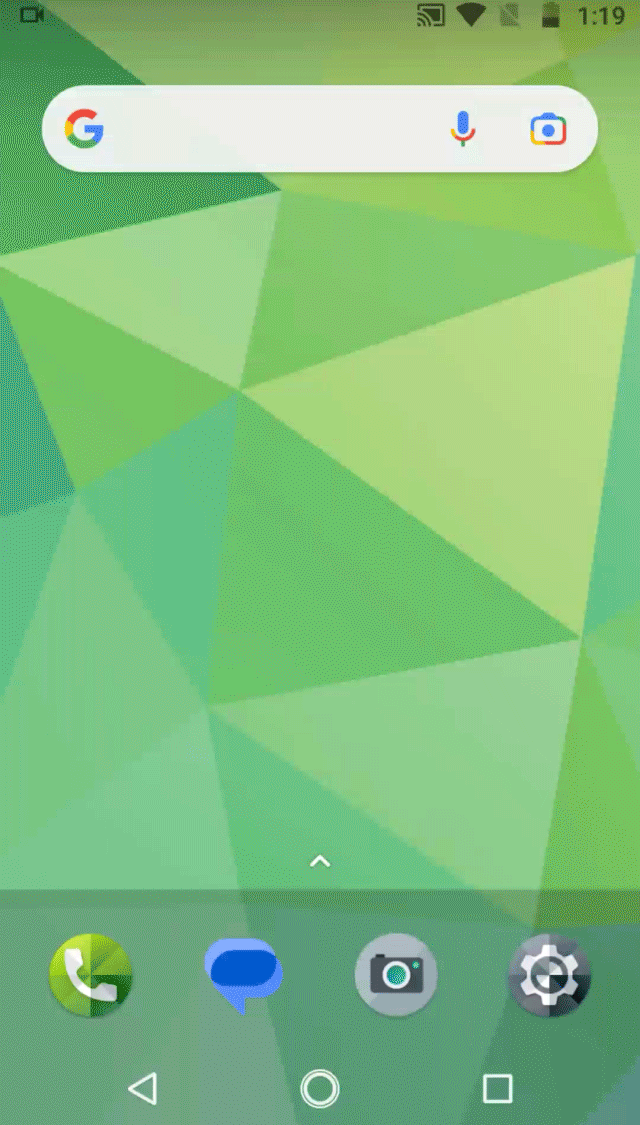Courts OK police requests to unmask thousands of YouTube users
A Forbes report has revealed that law enforcement agencies routinely ask Google for information about who has watched certain YouTube videos. After reviewing a number of court orders, the magazine revealed that the information the US federal government has asked Google to share about users includes their names, addresses, phone numbers, and their activity within a certain time frame.
In one such case, federal investigators in Kentucky asked the court to issue a warrant that would require Google to turn over the personal information of Google account users who viewed several YouTube tutorials that the federal agents had sent to a suspect in a money laundering investigation. The tutorials had reportedly been watched over 30,000 times, and the time frame that the federal government was interested in was quite expansive — from January 1 to January 8, which means that the request could potentially affect a large number of people.
What’s more, the investigators asked not only for the personal information of people who watched the videos while logged in, but also for the IP addresses of people who either didn’t have Google accounts or watched the videos while logged out.
In another case, police in the state of New Hampshire asked the court to require Google provide them with the information on who tuned into the live YouTube broadcast in a specific area. The police received an anonymous tip-off about a bomb threat. When they arrived in the area, they discovered they were being watched over a YouTube live stream associated with a local business. The police then asked the court to make Google comply with the request seeking data on all people who watched a list of related live streams, including a video that ended up amassing over 130,000 views.
Both requests were granted by the court, but it’s unclear if Google ended up handing over the information after all. In a statement cited by Forbes, Google sounded rather cryptic on the matter. The company’s spokesman only claimed that before granting any such request, Google thoroughly examines each demand, and “routinely” says no to “overbroad or otherwise inappropriate demands for user data, including objecting to some demands entirely.”
Whatever you watch can be used against you
The fact that these requests have been approved by the court means that the authorities have no qualms about de-anonymizing potentially thousands of people to help the police in their investigations. This is to say that you can watch a video about crypto-mining, or any video for that matter, and unwittingly put yourself on the law enforcement radar.
You could argue that this is no big deal. After all, if you don’t break the law in any way, it means you have nothing to worry about, right? But this is only one side of the coin. In fact, the more people get access to your personal identifiable data, the bigger is the risk that it will be mishandled or abused in some way.
For one, examples of bad apples in law enforcement abound. Take the infamous case of former US police detective Andrew Wilso, who used a government-issued data aggregation tool to cyberstalk women. And it’s not an isolated instance. An AP investigation found that between 2013 and 2015 over 300 officers were fired, suspended or quit the job after they were found misusing confidential law enforcement databases. In some of these cases, the officers would try to dig information on their exes, neighbors, business associates, and journalists.
The other problem with giving law enforcement access to this kind of sensitive data — your YouTube watch history can reveal your political opinions, your religious beliefs, your social status, and even your innermost secrets — is that the more hands it changes, the more likely it is to be leaked, for example as a result of an oversight or a hack job. Depending on which hands it falls into, it can make you vulnerable to blackmail, identity theft, and all kinds of fraud.
Privacy advocates have already sounded the alarm about the practice, and its potentially disastrous consequences for privacy. Speaking to Forbes, Albert Fox-Cahn from Surveillance Technology Oversight Project, dubbed this practice a continuation of a “disturbing trend where we see government agencies increasingly transforming search warrants into digital dragnets.”
“It’s unconstitutional, it’s terrifying and it’s happening every day,” he added.
How to protect yourself from being caught in a digital dragnet
As you can see from the report above, simply logging out of your Google account isn’t enough to protect your privacy and prevent Google from tracking your online activities. To truly cover your tracks and make it more difficult for Google to identify you and potentially share your information with third parties, such as law enforcement, it’s necessary to both log out of your Google account (if you have one) and use a VPN.
By using a VPN, for instance, AdGuard VPN, you establish a secure tunnel between your computer and the website’s servers, effectively masking your IP address. This added layer of protection ensures that your online movements remain untraceable.
Another way to prevent Google from tracking your activity is to use the Tor browser. Tor, short for The Onion Router, is a free and open-source web browser that routes your Internet traffic through a network of volunteer-operated servers around the world. This process encrypts your data multiple times, making it extremely difficult for anyone, including Google, to trace your online behavior back to you. There are a few drawbacks to using Tor, however. One is that it may break some websites for you, and the other is that sites take a long time to load.






